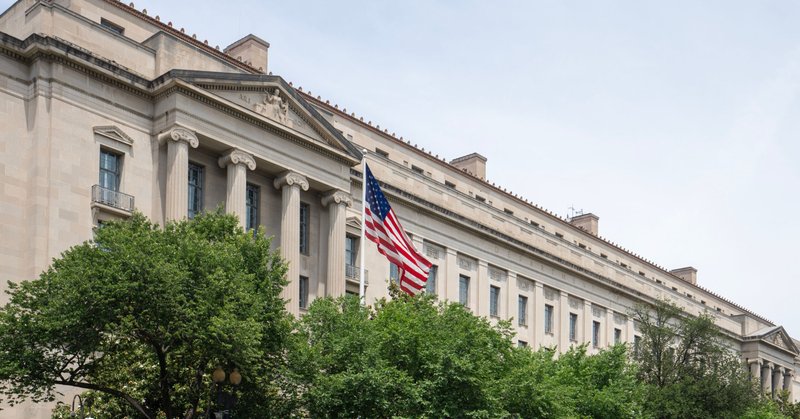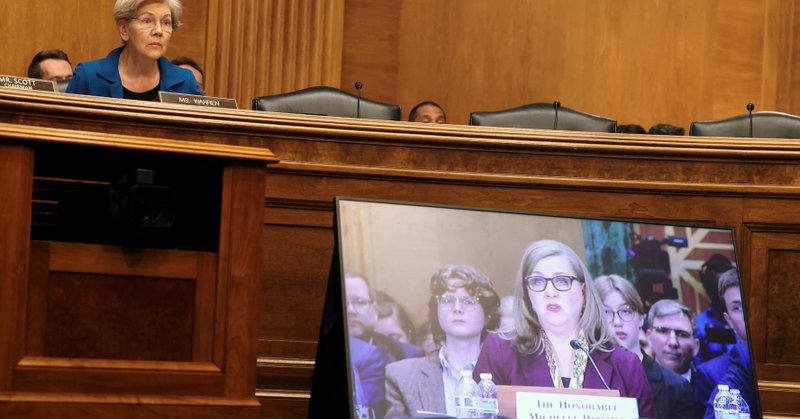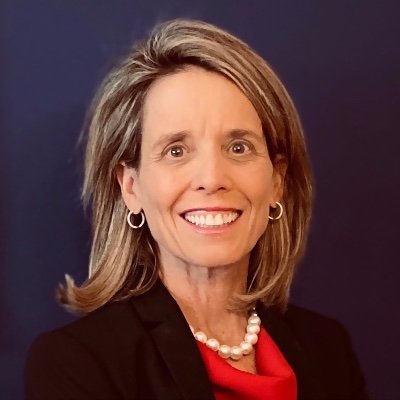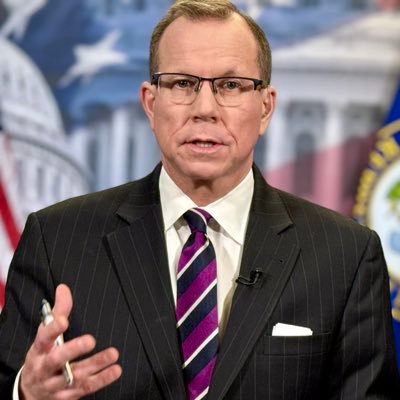
Chris Piper
@chris_piper
Followers
510
Following
47K
Media
41
Statuses
455
Manager @publicservice Center for Presidential Transition | PhD Vanderbilt University | Presidency, Executive Branch, Appointments | 🏳️🌈| Opinions my own
Washington, DC
Joined December 2010
New @BrookingsGov post out by @kdtenpas and I examines the Senate’s rules change to allow en bloc consideration of nominees. While it is unlikely to dramatically speed up the overall process, it could make a noticeable difference in the time the Senate spends voting on the floor.
1
0
0
New post by me out today at @publicservice highlights how Inspectors General have come under fire during the second Trump administration. Trump’s extensive purges and the resulting vacancies weaken accountability and independent oversight of numerous federal agencies.
1
0
2
In early September, Majority Leader Thune and fellow Republicans triggered the nuclear option to speed up the Senate confirmation process. Will it work? Read this work by myself and @chris_piper :
brookings.edu
En bloc voting will not significantly speed up the overall process, but can have an impact at the final stage, the floor vote.
0
1
1
Senate expected to move its second post-rules-change batch of nominees at the end of this week after confirming the initial batch of 48 nominees on Thursday. Exact timing depends on CR Will be fairly large batch of noms as R’s look to clear backlog of ~150 on the exec calendar
7
23
58
53-45, Senate votes to lower threshold from 60 to majority for resolutions setting up en bloc confirmations. Straight party-line vote Those batch confirmations will start next week
30
131
487
The Hitchhiker’s Guide To How the Senate Will Expedite Confirmation of Non-Controversial Nominees Late Senate Majority Leader Harry Reid (D-NV) detonated the first Senate “nuclear option” in 2013, curbing the filibuster to confirm executive branch nominees - except the Supreme
22
47
174
This opinion has three major holdings, one interpreting the statute specific to acting U.S. attorneys, and two interpreting the general statute for acting officers across the federal government. I'm skeptical of the first but agree with the latter two. All are a very big deal 🧵
NEWS: Federal judge finds that Alina Habba is NOT lawfully performing functions and duties of U.S. Attorney in New Jersey. Judge Matthew Brann disqualifies Habba from prosecution of two criminal defendants who challenged her appointment
1
11
23
Some of these reforms were pursued by Senate Democrats in the last Congress. However, no major reform of the process has occurred since 2012-2013, when they eliminated the confirmation requirement for 166 positions, and the threshold for cloture on most nominations was lowered.
0
0
0
Reform may be possible to expedite the confirmation process. Senate Republicans have discussed shortening post-cloture debate time, bundling lower-level nominations for joint consideration, and reducing the number of positions requiring Senate confirmation.
1
0
0
Senate Republicans have argued that they are facing “historic obstruction.”Minority Leader Schumer has explained that the “historic levels of scrutiny” are due to nominees’ lack of experience, conflicts of interest, and perceived extreme views.
1
0
0
Trump’s nominees have faced the longest confirmation delays of any administration in the first 200 days. They have waited 74% longer compared with his first term and nearly four times longer than nominees in the Reagan administration.
1
0
0
Every nominee has required a final recorded vote and nearly all have required the invocation of cloture. These processes require limited floor time and create a bottleneck in the Senate.
brookings.edu
Following an initial flurry of nominations, there has been a substantial drop in the number of Trump nominations in the second 100 days.
1
0
0
Happy to share my first @BrookingsInst FixGov piece was published today. I take stock of the Senate confirmation process at the 200-day mark of the Trump administration. Among the key findings is the unprecedented degree to which Trump’s nominees have faced procedural barriers.
1
1
4
It sounds counterintuitive but Congress should invest in itself *more* if it wants to better oversee, control, and even downsize executive branch agencies. Good reporting by @justinjpapp1
0
4
12
Urgent reform is needed to reduce the number of Senate confirmed positions, streamline the paperwork and vetting processes, increase transparency in the holds process, and allow for nominations to be bundled and considered at once.
0
0
0
All of the individuals we talked to were passionate public servants. However, the cost required to get to confirmation discouraged many from future service. One interviewee said, “It discourages qualified people to look at the positions because why would I go through that hell?”
1
0
0
While nominees used to be able to expect a confirmation process to be completed in around 3 months, there are now much longer waits with a lot more uncertainty. 90% of Reagan’s first term nominees were confirmed in 3 months, while 25% of Biden’s were confirmed in the same time.
1
0
0
The interviews revealed three key challenges: 1. Uncertainty characterizes nearly every step of the process. 2. Long delays harm agencies and present national security risks. 3. The hurdles of the current process dissuade talented individuals from considering nominations.
1
0
0










